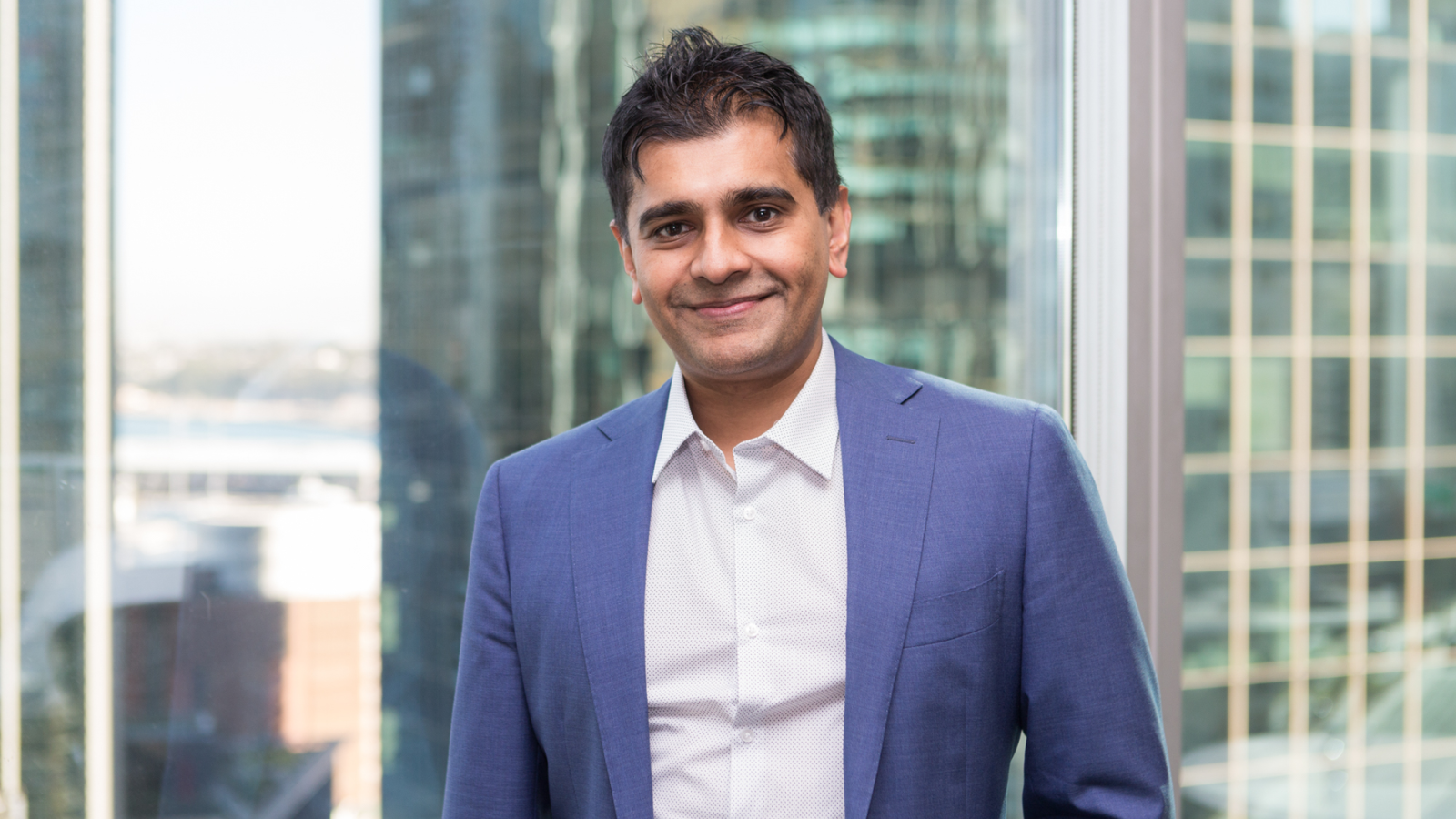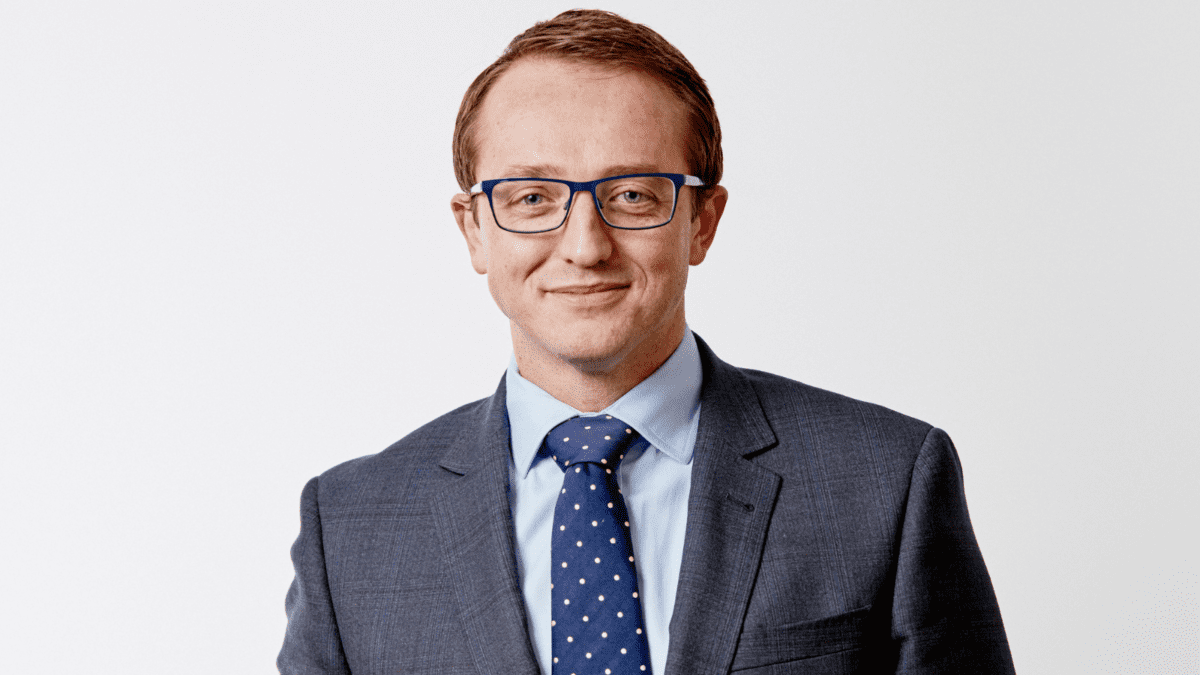Super good results under ‘testing circumstances’ in 2022
The median super fund growth option was down -4.6 per cent in 2022; not bad for a year when global shares, in hedged terms, returned -16.4 per cent. Global bonds were down 12.3 per cent, while Australian bonds were down 9.7 per cent for the calendar year, failing to play their traditional role as diversifiers. Australian shares held up pretty well, down -1.8 per cent for the calendar year, but the only asset class that ended the year in black – eking a tiny return – was cash.
The growth options that came out on top in Chant West’s 2022 post-mortem were: CareSuper Balanced (-2.0); Qantas Super Growth (-2.2); Hostplus Balanced (-2.5); ART Super Savings Balanced (-2.6); MLC MySuper Growth (-3.0); Mercer Select Growth (-3.4); Plum Pre-Mixed Moderate (-3.6); Telstra Super Balanced Growth (-3.7); HESTA Balanced Growth (-3.7); and Brighter Super MySuper (-3.7) .
The key to the year – as it often is – was diversification. Funds needed “as many levers to pull as possible”, according to Chant West investment research manager Mano Mohankumar (picture at top), and the levers they pulled the most were in private markets.
“It was about diversifying beyond those traditional listed asset classes into the unlisted space; private equity, unlisted infrastructure, unlisted property,” Mohankumar says. “They were all in positive territory to varying degrees, and underlying sectors determined how positive the return was. So diversification certainly played a very key role over the year, but it wasn’t your traditional diversifiers.”
“Most of the (top ten funds over one year) have a meaningful allocation to unlisted assets; some more than others, but there are other levers that were pulled; lower duration bond portfolios cushioned the blow in the fixed income exposure.”
If a fund didn’t have those levers to pull on, “that would have hurt”. A high allocation to tech stocks – or a low allocation to energy – would have done much the same.
“It was a highly unusual year where the traditional diversifiers like bonds had such a torrid year. That made it incredibly hard; the median return for the year was -4.6 is a pretty good result under the testing circumstances. Everybody was in negative territory in our growth universe. It was an incredibly challenging year where all traditional listed asset classes were in the red, except cash, which had a small positive return.”
While Mohankumar is taking the usual flurry of forecasts released late in the year and early in the next with a “grain of salt”, and plenty of uncertainty around inflation remains, he says 2023 is off to a good start – though volatility isn’t expected to abate anytime soon.
“In terms of portfolio positioning, it’s a risk-off position that the majority of the super funds have taken. It’ll be interesting to see at what stage they go overweight equities, but there’s a lot to keep an eye on.”










